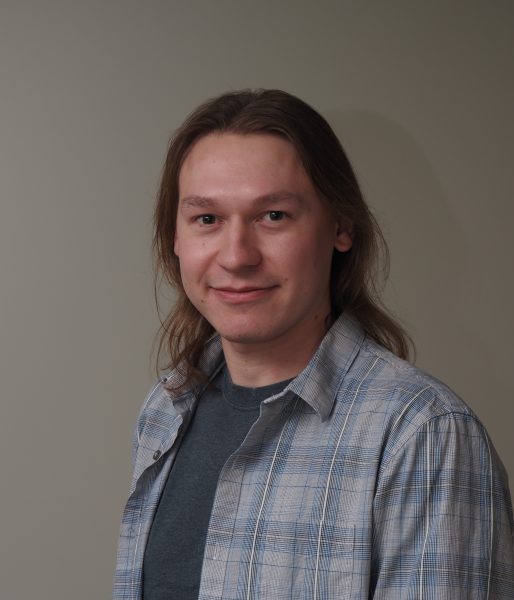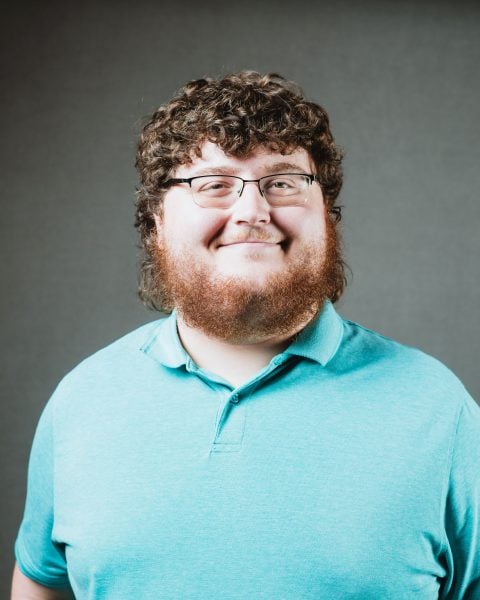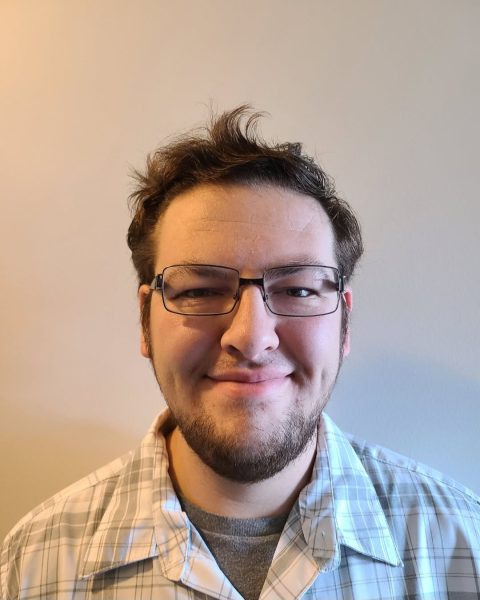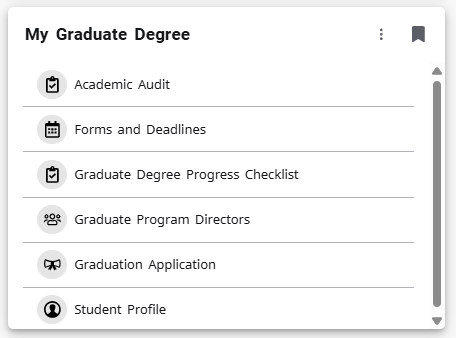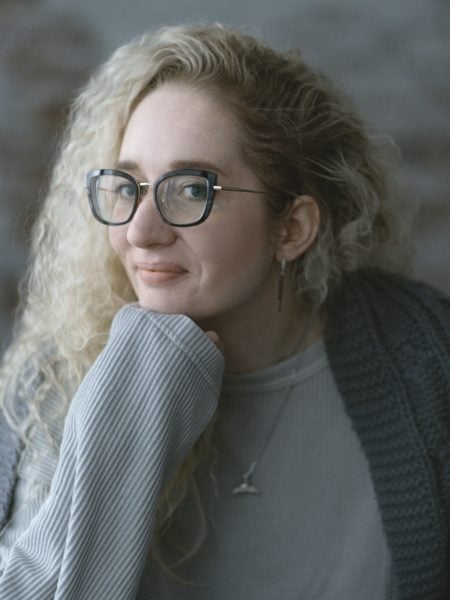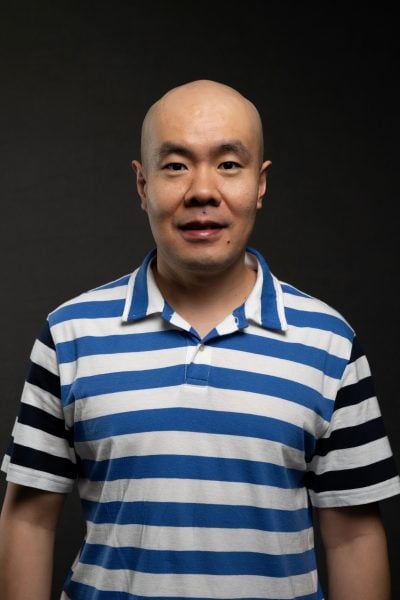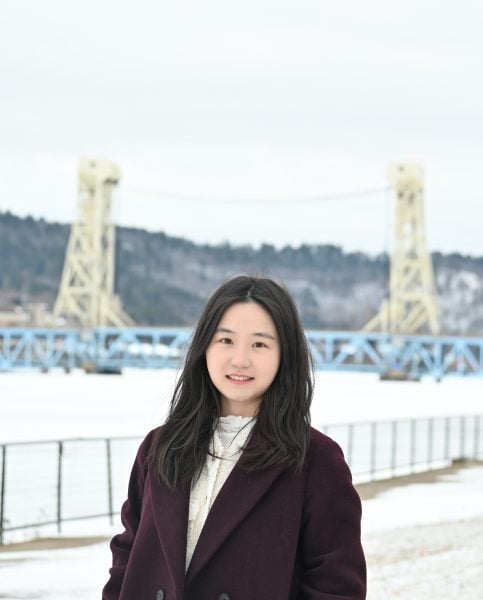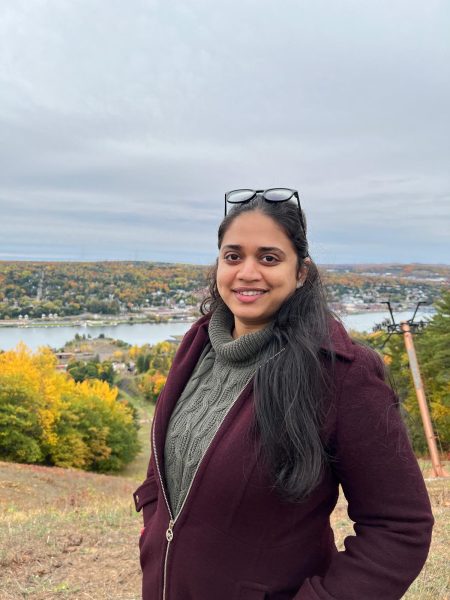Applications are being accepted for the KCP Future Faculty Fellowship, a program funded by the State of Michigan. The purpose of the King-Chávez-Parks Future Faculty Fellowship Program is to increase the pool of academically and economically disadvantaged candidates pursuing faculty teaching careers in post-secondary education.
Funding may begin in fall of 2026. Applications are due no later than 4pm on April 20, 2026.
Applicants will complete the following steps:
- Review the eligibility criteria to ensure eligibility (see step 1)
- Gather the materials needed for an application (see step 2)
- Create an account on the MiLogin for Citizens portal (see step 3)
- Submit an application on the MiLogin portal (see step 4)
KCP fellowships provide students up to $20,000 (MS students) or $35,000 (PhD students) to pursue their degrees. Funds may be used to support students, including faculty and staff, pursuing degrees at Michigan Tech. For Michigan Tech students, the Graduate School and nominating department must also contribute matching funds to help support the student.
Complete information about eligibility criteria and materials needed for an application is available on our web page. Please note that applications will be submitted through the MILogin Citizens Portal. Questions about eligibility or the application procedure can be directed to Dr. Debra Charlesworth. Applicants may work with Lea Marlor to prepare their educational and career goal statement.
